New Baby Strollers: Top Infant & Twin Options with Car Seats
Exploring the Advanced Engineering of Modern Stroller Systems
The market for infant mobility solutions is experiencing a robust evolution, driven by demand for enhanced safety, ergonomic design, and multi-functionality. This detailed analysis delves into the technical intricacies, industry trends, and operational advantages of contemporary new baby strollers. From lightweight travel systems to robust twin strollers with infant car seats, innovation is at the forefront, ensuring superior performance and unparalleled comfort for both infants and caregivers.
Modern designs prioritize advanced material science, precision engineering, and adherence to stringent international safety standards. The integration of smart features and modular components provides versatile solutions for diverse family needs, making the selection of top infant strollers a critical decision for discerning consumers and B2B purchasers alike.
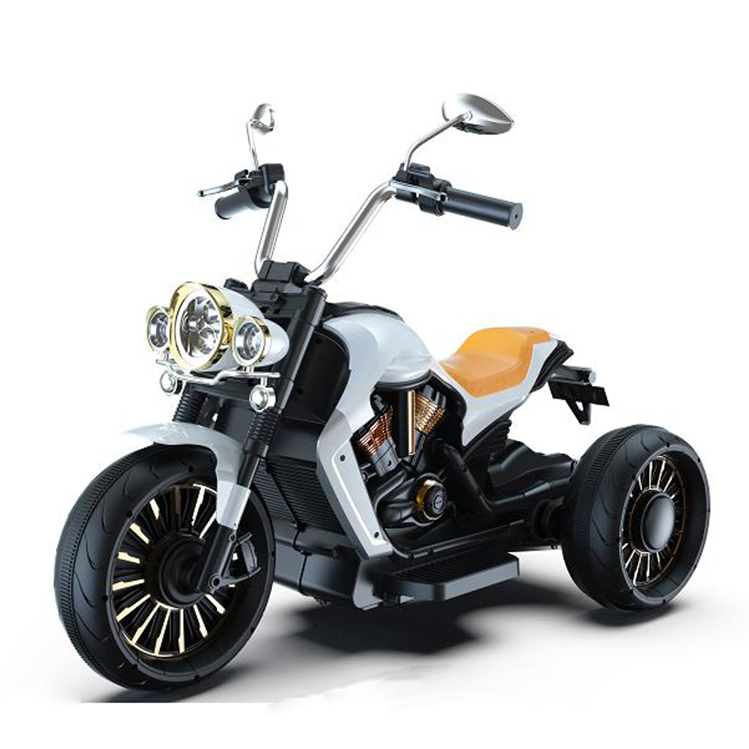
Manufacturing Process Flow of Advanced Baby Strollers
The production of modern baby strollers is a sophisticated multi-stage process, integrating precision manufacturing with rigorous quality control. Each stage is meticulously managed to ensure the final product meets the highest standards of safety, durability, and user experience.
1. Design & Engineering
Utilizing CAD (Computer-Aided Design) and FEA (Finite Element Analysis) software, engineers conceptualize stroller frameworks. This phase focuses on ergonomic studies, structural integrity, and integration of modular components, ensuring compliance with standards like ASTM F833 (US) and EN 1888 (EU).
2. Material Sourcing & Preparation
High-grade aluminum alloys are selected for frames due to their strength-to-weight ratio and corrosion resistance. Fabrics are chosen for durability, breathability, UV protection, and non-toxicity, often tested to Oeko-Tex Standard 100. Plastics for wheels and connectors are typically reinforced polymers via injection molding.
3. Frame Manufacturing
Aluminum tubes undergo precise CNC machining for cutting and bending, followed by robotic welding to ensure structural integrity. Frames are then treated with anodizing or powder coating for enhanced corrosion resistance and aesthetic finish, crucial for the longevity of new baby strollers.
4. Component Production
Wheels, braking systems, safety harnesses (5-point systems), and handle mechanisms are produced separately. This often involves precision injection molding for complex plastic parts, and CNC machining for metal components to achieve tight tolerances and optimal functionality.
5. Fabric Cutting & Stitching
Automated laser cutting systems ensure accuracy for fabric panels. Skilled artisans and advanced sewing machines then assemble the soft goods, including seats, canopies, and storage baskets, with reinforced stitching for durability.
6. Assembly & Integration
Sub-assemblies are integrated into the main frame. This includes attaching wheels, suspension systems, brake mechanisms, and soft goods. This stage is critical for ensuring all moving parts operate smoothly and safely. For infant twin strollers, precise alignment is paramount.
7. Quality Control & Testing
Comprehensive testing is performed at every stage, culminating in final product verification. This includes impact resistance, stability tests, dynamic durability cycling (e.g., 72,000 cycles for wheels), chemical analysis of materials, and performance evaluation against ISO 9001 and specific safety standards. Service life is often projected at 5-7 years with proper maintenance, significantly impacting the value proposition for new baby strollers.
8. Packaging & Distribution
Finished strollers are carefully packaged to prevent damage during transit. Eco-friendly packaging materials are increasingly utilized. Products are then dispatched to global distribution networks, reaching target industries such as specialized baby retailers, online e-commerce platforms, and childcare facilities.
The meticulous adherence to these processes ensures that each product, whether an infant pram stroller or a system for infant twin strollers with car seats, offers exceptional safety, ergonomic functionality, and extended service life.
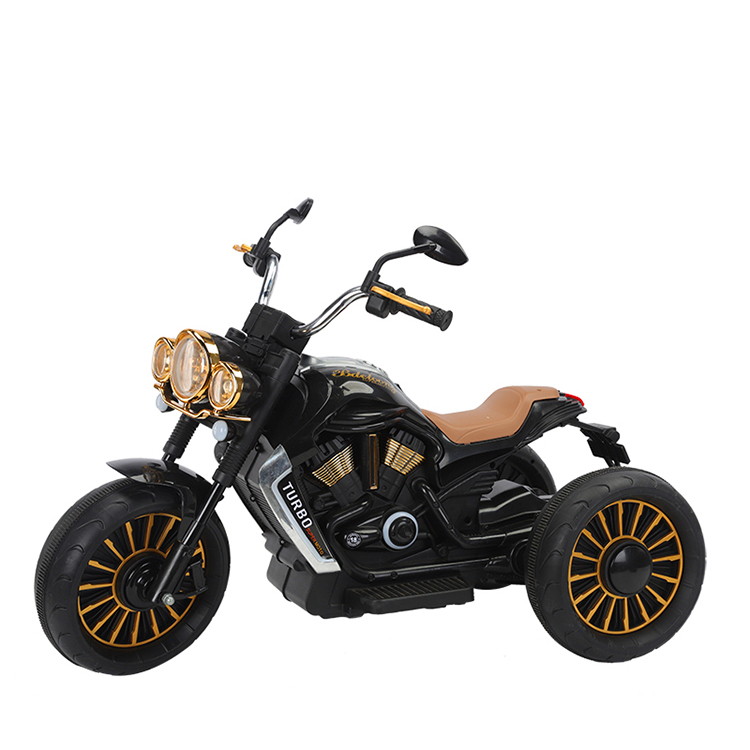
Industry Trends and Technical Specifications
The stroller industry is continuously evolving, with a strong emphasis on smart technology integration, sustainable materials, and modular designs. Key trends observed include:
- Lightweight & Compact Designs: Increasing demand for easy-to-fold, portable strollers, particularly for urban living and travel.
- Modular & Convertible Systems: Strollers that adapt from infant pram strollers to toddler seats, or easily accommodate twin strollers with infant car seats.
- Advanced Suspension Systems: Enhanced comfort and maneuverability on varied terrains, often featuring independent wheel suspension.
- Smart Features: Integration of sensors for temperature monitoring, built-in USB charging ports, and app connectivity for navigation or security.
- Eco-friendly Materials: Growing use of recycled fabrics, sustainable plastics, and non-toxic finishes.
- Enhanced Safety Protocols: Beyond standard certifications, manufacturers are implementing proprietary safety innovations.
Key Technical Parameters for Modern Strollers
When evaluating new baby strollers, specific technical parameters are paramount for ensuring safety, durability, and user convenience.
| Parameter | Description | Typical Range/Value |
|---|---|---|
| Frame Material | High-strength, lightweight alloys | Aircraft-grade Aluminum, Carbon Fiber Composites |
| Weight Capacity (Seat) | Maximum permissible weight per seat | 15-25 kg (33-55 lbs) per seat |
| Stroller Weight | Total weight of the stroller chassis and seat | 6-15 kg (13-33 lbs) for single, 12-20 kg (26-44 lbs) for double |
| Folding Mechanism | Ease and type of folding | One-hand fold, compact fold, stand-alone fold |
| Wheel Type & Suspension | Material, size, and shock absorption system | EVA/Rubber tires, All-wheel suspension, Spring-damped |
| Harness System | Security and adjustability of the child restraint | 5-point safety harness with padded straps |
| Safety Certifications | Compliance with international safety standards | ASTM F833, EN 1888, JPMA Certified, CPSIA |
| Fabric Toxicity | Absence of harmful chemicals in textile components | Oeko-Tex Standard 100, REACH compliant |

Application Scenarios and Technical Advantages
The versatility of modern new baby strollers allows them to excel in a multitude of application scenarios, catering to the dynamic lifestyles of contemporary families and the operational needs of childcare businesses.
Typical Application Scenarios:
- Urban Commuting: Compact, lightweight designs with superior maneuverability and public transport compatibility. Ideal for parents navigating city streets.
- Travel & Tourism: Ultra-compact folding strollers that meet airline carry-on dimensions or fit easily into car trunks, crucial for families on the go.
- Suburban & Off-Road Use: All-terrain models with robust suspension, larger wheels, and durable frames for parks, trails, and varied outdoor environments. Often seen in best double strollers infant and toddler configurations.
- Childcare Facilities: Durable, easy-to-clean strollers for multiple daily uses, focusing on safety, quick sanitization, and longevity.
- Specialized Medical Transport: Certain infant pram strollers with specialized support features for infants with particular needs, often found in hospitals or clinics.
- Retail & E-commerce: High-demand products like summer infant strollers that offer seasonal adaptability and aesthetic appeal, driving consumer sales.

Technical Advantages of Leading Stroller Designs:
- Superior Safety Engineering: Advanced chassis stability, anti-rebound bars, and high-impact energy absorption materials. 5-point harness systems designed to prevent ejection and distribute force evenly.
- Ergonomic Design for Infant & Caregiver: Reversible seats, adjustable handle heights, and one-hand folding mechanisms enhance caregiver comfort and ease of use. Multi-position recline options and adjustable leg rests ensure optimal infant positioning and comfort, critical for top infant strollers.
- Enhanced Durability & Longevity: Use of aerospace-grade aluminum and robust composite plastics ensures structural integrity and resistance to wear, extending product service life significantly. Corrosion resistance is inherent due to specialized frame coatings.
- Advanced Suspension & Maneuverability: Independent wheel suspension systems, often incorporating spring or elastomer damping, provide a smooth ride over varied surfaces, reducing impact on the infant. Precision bearings in wheels enhance maneuverability and ease of steering.
- Modular Versatility: The ability to seamlessly transition from an infant bassinet to a forward or rear-facing toddler seat, and integrate with various infant car seats, offers unparalleled adaptability for growing families. This is particularly valuable for strollers for infant twins.
- Weight Optimization: Through strategic material selection and engineering, contemporary designs achieve impressive strength-to-weight ratios, making them easy to lift, store, and transport without compromising safety.
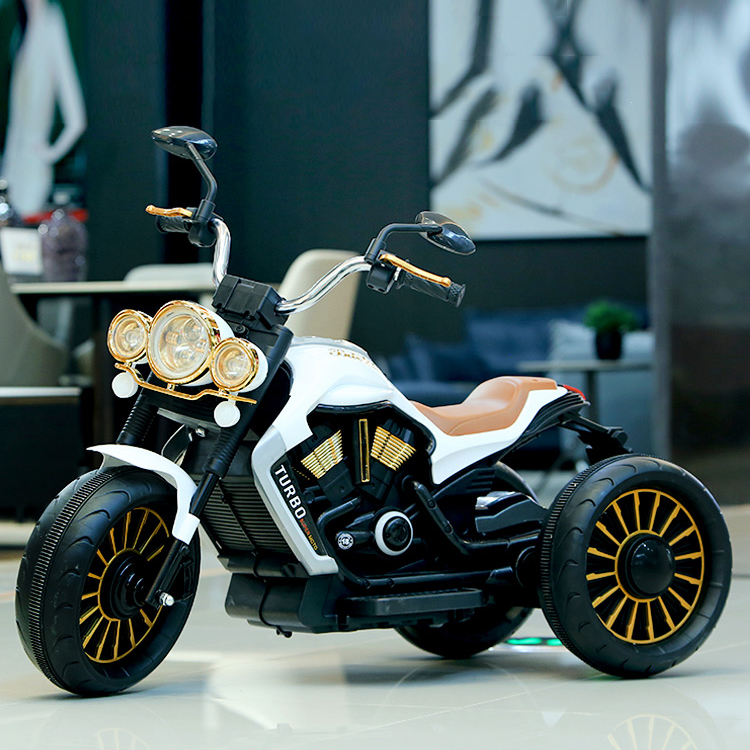
Vendor Comparison and Customized Solutions
The market for new baby strollers is highly competitive, with numerous vendors offering a range of products. A comparative analysis is essential for B2B purchasers to identify solutions that best align with their operational and client needs.
Comparative Analysis of Leading Stroller Brands (Illustrative Data)
| Feature/Brand | Brand A (Premium) | Brand B (Mid-Range) | Brand C (Value) |
|---|---|---|---|
| Frame Material | Aerospace Aluminum Alloy | High-Strength Aluminum | Steel/Standard Aluminum |
| Suspension System | Advanced All-Wheel Independent | Four-Wheel Spring Damped | Front Wheel Basic |
| Weight (Single) | ~9.5 kg | ~11.8 kg | ~14.2 kg |
| Folding Mechanism | One-Hand, Ultra-Compact | One-Hand, Standard Compact | Two-Hand, Basic Fold |
| Safety Certifications | ASTM F833, EN 1888, JPMA, Oeko-Tex | ASTM F833, EN 1888 | ASTM F833 |
| Infant Car Seat Compatibility | Universal Adapters (Multi-Brand) | Proprietary Adapters (Limited) | Specific Brand Only |
| Price Point | $$$ | $$ | $ |
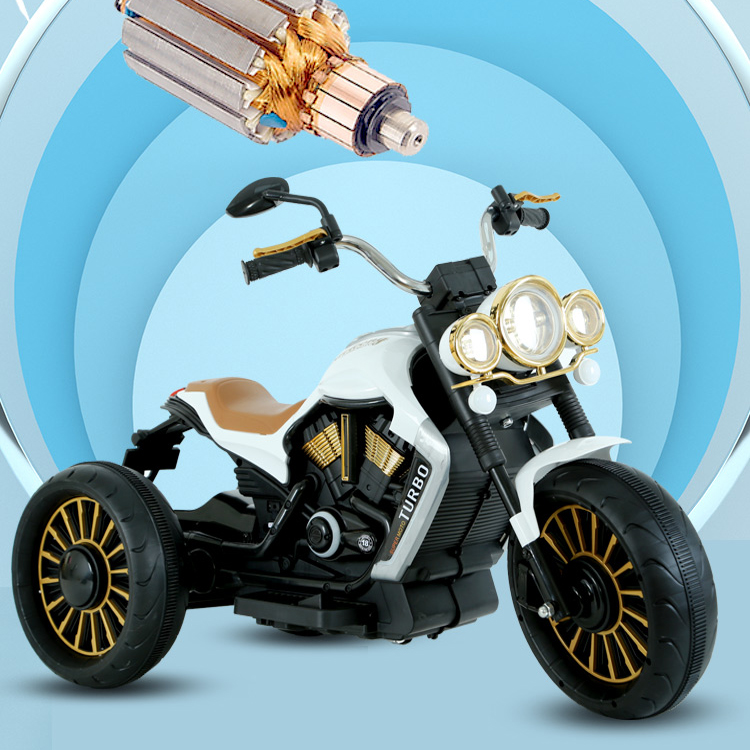
Customized Solutions
For B2B clients, particularly large retail chains, childcare organizations, or hospitality groups, customized new baby strollers solutions offer distinct advantages. Manufacturers are increasingly providing options such as:
- Branding & Aesthetics: Custom color schemes, logo integration on fabrics or frames, and exclusive patterns to align with brand identity.
- Material Upgrades: Selection of specialized fabrics (e.g., enhanced waterproofing, antimicrobial treatments, recycled content) or premium frame finishes.
- Feature Modifications: Integration of specific accessories (e.g., larger storage baskets, specialized cup holders, unique canopy designs) or adjustments to harness systems for particular user demographics.
- Bulk Ordering & Logistics: Tailored packaging, direct shipping, and inventory management solutions for high-volume orders, ensuring efficient supply chains.
- Regulatory Compliance: Ensuring products meet specific regional safety standards beyond the universal ones, crucial for international markets.

Application Case Studies & Customer Feedback
Real-world application case studies demonstrate the tangible benefits and reliability of high-quality new baby strollers in diverse settings.
Case Study 1: Urban Childcare Network Adoption
A leading urban childcare network, operating across 15 city centers, faced challenges with stroller durability and maneuverability. After a comprehensive evaluation, they standardized their fleet with a premium lightweight, compact-folding stroller model (similar to "Brand A" in our comparison). The selection criteria prioritized ease of sanitization, robust chassis for daily heavy use, and superior maneuverability in crowded urban environments.
- Results: A 40% reduction in stroller maintenance costs over 2 years, improved staff efficiency due to one-hand folding, and overwhelmingly positive parent feedback regarding child comfort and safety. The average service life exceeded their previous fleet by 18 months.
- Customer Quote: "The new strollers transformed our daily operations. Their robust build and seamless folding mechanism are invaluable for managing multiple infants during outings." - Operations Director, CityKids Childcare.
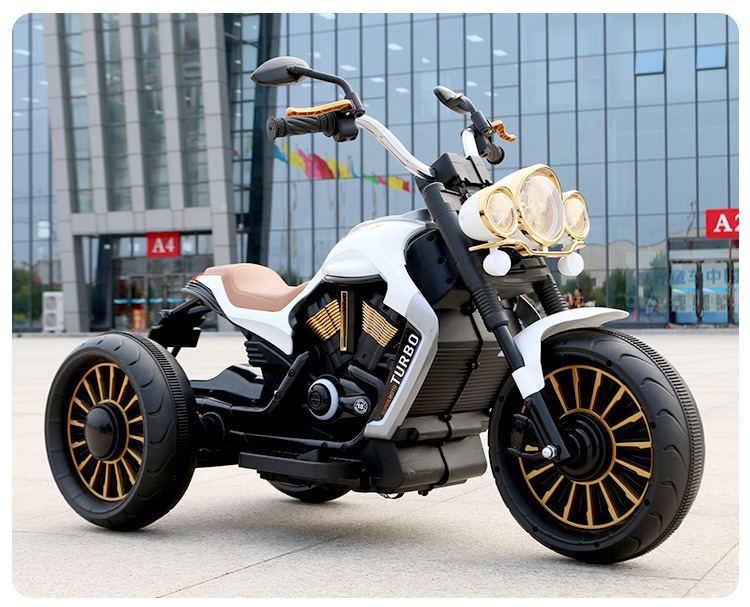
Case Study 2: International Airport Stroller Rental Program
A major international airport implemented a stroller rental service for traveling families. The requirement was for durable, easily stored, and highly visible infant twin strollers with car seats compatibility. They opted for a modular system known for its robust construction and compliance with international airline safety regulations for gate-checking.
- Results: The program saw a 70% utilization rate within its first year. The chosen strollers for infant twins demonstrated exceptional resistance to wear and tear from constant use and handling, requiring minimal repair. The ease of attaching and detaching infant car seats was a significant advantage.
- Customer Feedback: "The durability and intuitive design of these twin strollers have been instrumental to our service's success. Parents appreciate the quality, and our operational team values the low maintenance." - Airport Services Manager, Global Hub Inc.
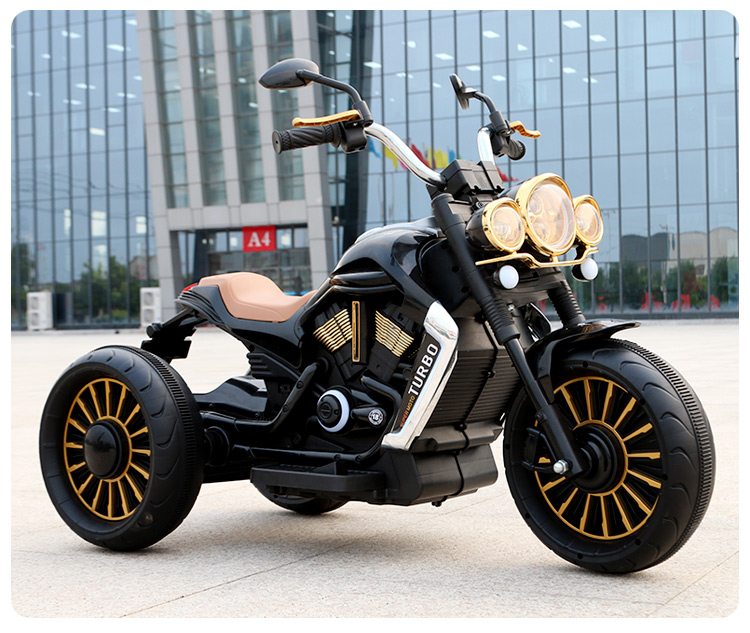
Customer Testimonial Highlights:
- "As a retailer specializing in baby products, offering the latest infant pram strollers that combine safety and style has significantly boosted our customer satisfaction and repeat business. These new baby strollers are game-changers." - Sarah L., Owner, Little Wonders Boutique.
- "Our hotel chain's amenity program now exclusively features 'Brand X' top infant strollers. Their robust design withstands frequent use, and the compact fold is perfect for storage. A definite upgrade for guest experience." - David R., Director of Hospitality, Elite Resorts Group.
- "We have tried many brands for our best double strollers infant and toddler requirements. The current models we source for 2022 meet all stringent safety criteria and offer exceptional maneuverability for our multi-child family clientele." - Emily P., Procurement Manager, Family Essentials LLC.
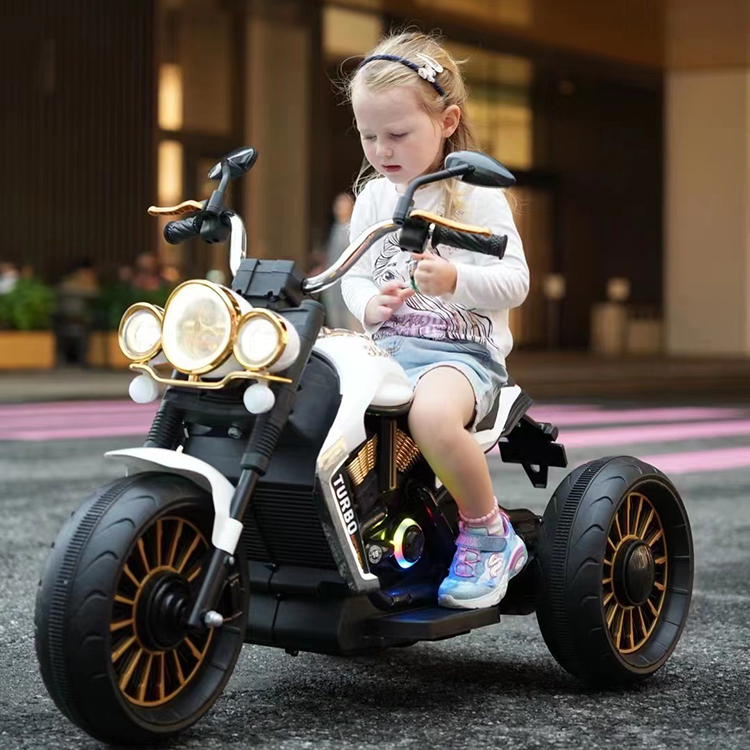
Trustworthiness and Support: FAQ, Lead Times, and Warranty
Frequently Asked Questions (FAQ)
Q: What safety certifications should I look for in new baby strollers?
A: Key certifications include ASTM F833 (US), EN 1888 (Europe), and JPMA (Juvenile Products Manufacturers Association) certification. Additionally, look for Oeko-Tex Standard 100 for fabric safety against harmful substances.
Q: Are your twin strollers with infant car seats universally compatible?
A: While many models offer universal compatibility adapters, some may be designed for specific car seat brands. Always verify compatibility with your target car seat models through product specifications or direct inquiry.
Q: What is the recommended cleaning and maintenance routine for optimal service life?
A: Regular cleaning of fabrics with mild soap and water, wiping down frames, and periodically checking wheels and brake mechanisms for debris or wear. Refer to the specific product manual for detailed instructions. This ensures the longevity of your investment in top infant strollers.
Q: Can these strollers be customized for large institutional orders?
A: Yes, we offer extensive customization options for B2B clients, including branding, specific material choices, and feature modifications. Please contact our sales team to discuss your specific requirements for summer infant strollers or other models.
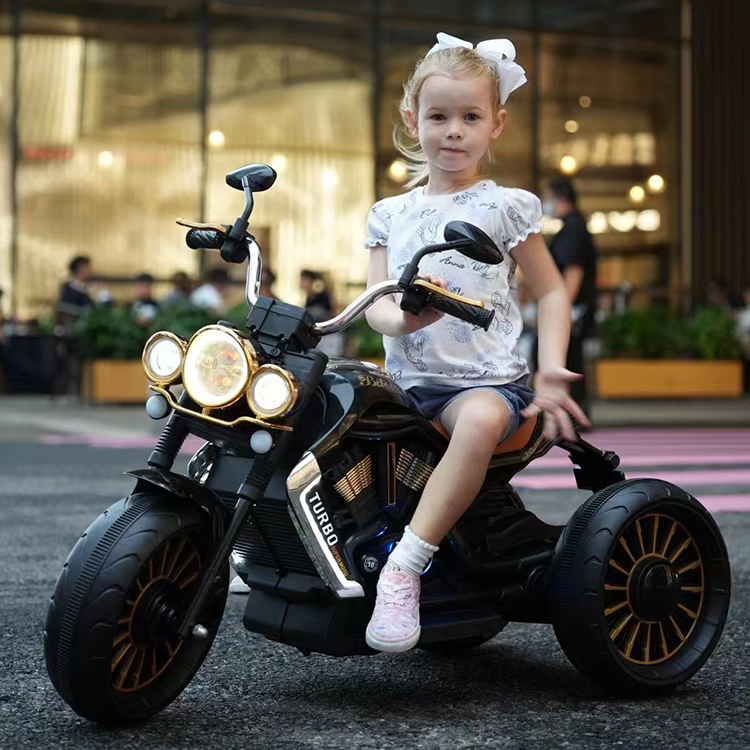
Lead Time & Fulfillment Details
Our standard lead time for off-the-shelf new baby strollers models is typically 4-6 weeks from order confirmation, subject to current stock levels and order volume. For customized solutions or large-volume institutional orders (e.g., twin infant strollers for a major chain), lead times can range from 8-12 weeks, depending on the complexity of customization and material sourcing. We operate a highly efficient supply chain, overseen by ISO 9001 certified processes, to ensure timely and accurate fulfillment. Expedited shipping options are available upon request and quotation.

Warranty Commitments
We stand behind the quality and craftsmanship of our products. All our strollers, including best infant strollers 2022 models, come with a comprehensive 2-year limited warranty covering manufacturing defects in materials and workmanship. This warranty is valid from the date of purchase and applies to the original purchaser. Specific components such as wheels, fabrics, and harnesses may have extended or separate warranty terms, detailed in the product manual. Extended warranty options are available for B2B partners requiring enhanced coverage for high-usage environments.

Customer Support Information
Our dedicated B2B customer support team is available to assist with product inquiries, order placement, technical support, and after-sales service. We offer multi-channel support through:
- Dedicated Account Managers: For strategic partnerships and large-volume clients.
- Email Support: Responses within 24 business hours for general inquiries.
- Phone Support: Available during business hours for immediate assistance.
- Online Portal: Access to product documentation, FAQs, and service request submission.

Conclusion
The market for new baby strollers is a dynamic landscape driven by innovation in safety, materials science, and ergonomic design. Manufacturers are continuously pushing boundaries to deliver products that meet rigorous international standards while providing unparalleled convenience and comfort. For B2B stakeholders, understanding the detailed manufacturing processes, technical specifications, and application advantages is crucial for strategic procurement and ensuring the highest standards of care and user satisfaction.

References
- ASTM F833-21. Standard Consumer Safety Performance Specification for Carriages and Strollers. ASTM International.
- EN 1888-2:2018. Child care articles - Wheeled child conveyances - Part 2: Pushchairs and prams for children weighing more than 15 kg up to 22 kg. European Committee for Standardization.
- ISO 9001:2015. Quality management systems - Requirements. International Organization for Standardization.
- Oeko-Tex Standard 100. Global certification system for textile raw materials, intermediate, and end products at all stages of production.
- JPMA (Juvenile Products Manufacturers Association) Certification Program. Ensures products meet specific safety standards through third-party testing.
-
Discover the Best Electric Toy Car for Kids – Safe, Fun & Eco-Friendly RidesNewsNov.24,2025
-
Explore Safe and Innovative Electric Toy Cars for Kids – Features, Trends, and Buying GuideNewsNov.23,2025
-
Volvo S90 Children’s Electric Car – Ultimate Guide to Safe and Sustainable Kids’ MobilityNewsNov.22,2025
-
Volkswagen Children's Electric Car: Safe, Eco-Friendly Toy Vehicles for KidsNewsNov.21,2025
-
Spare Parts for Children's Electric Cars – Durable, Safe & Affordable ReplacementsNewsNov.21,2025
-
Porsche Children's Electric Car – Safe, Stylish, and Eco-Friendly Ride-Ons for KidsNewsNov.20,2025
